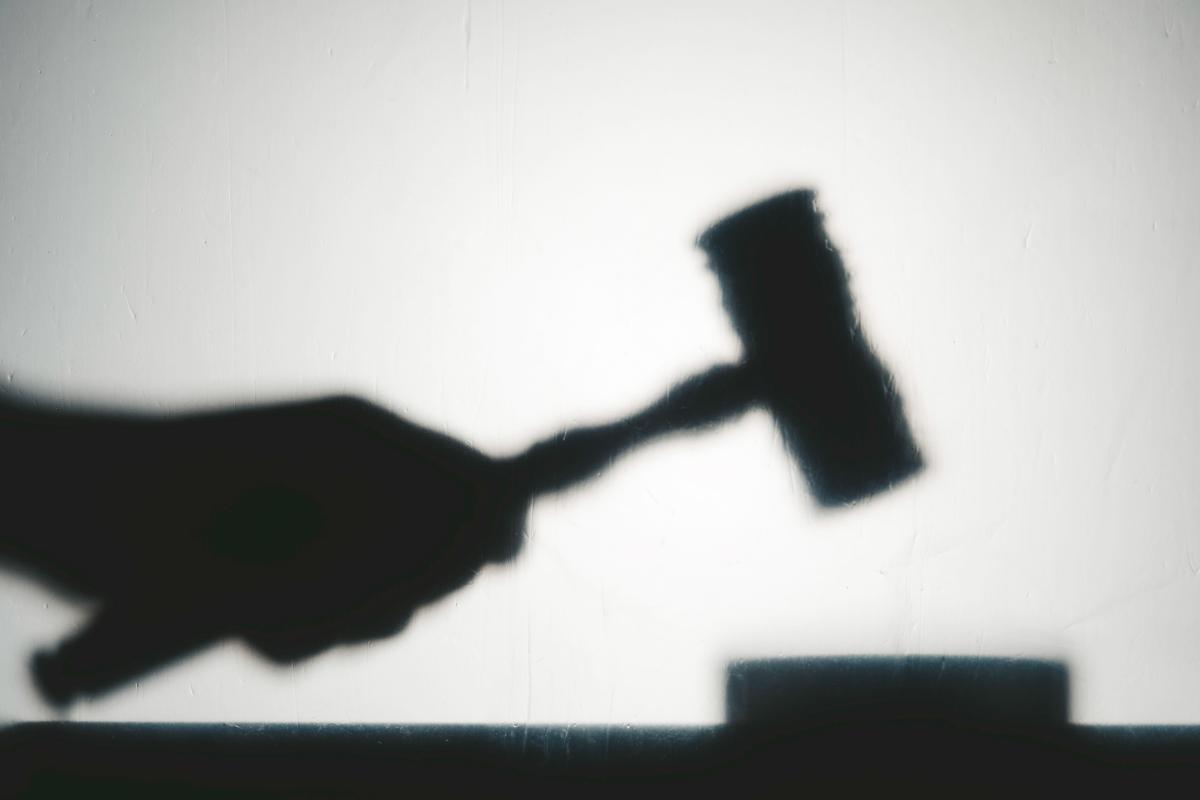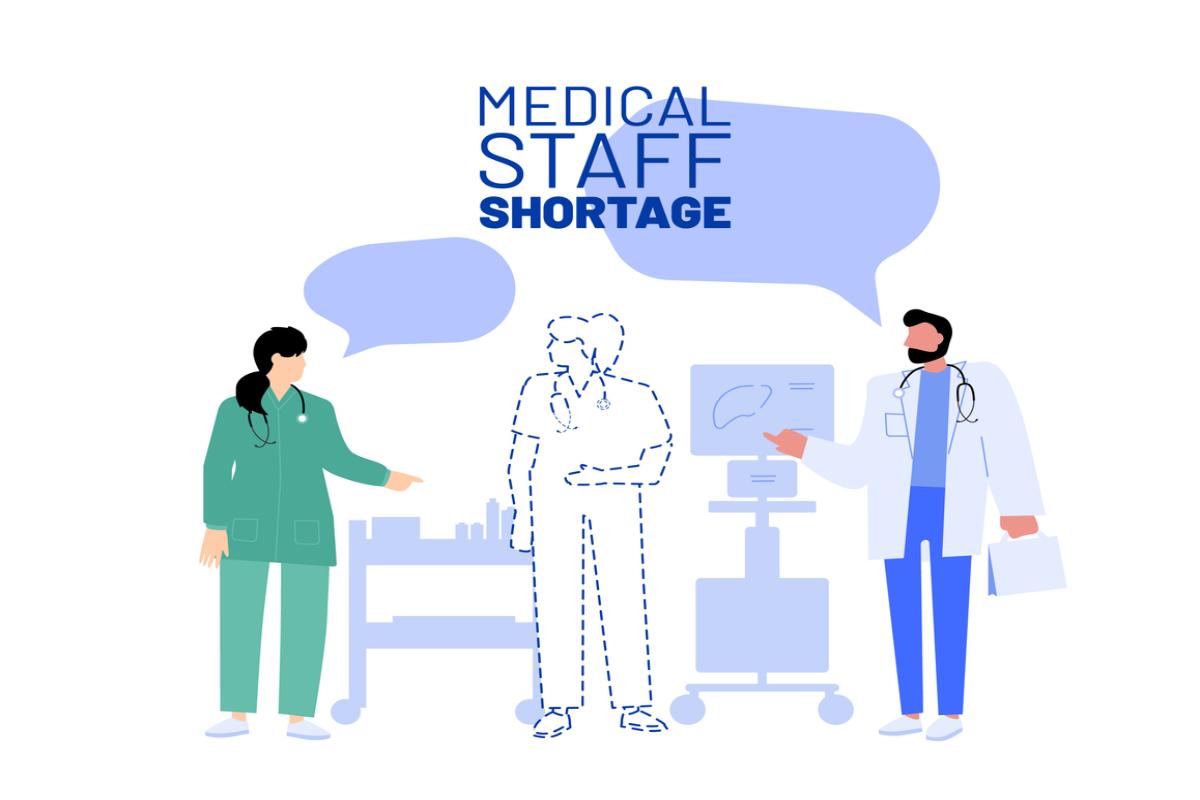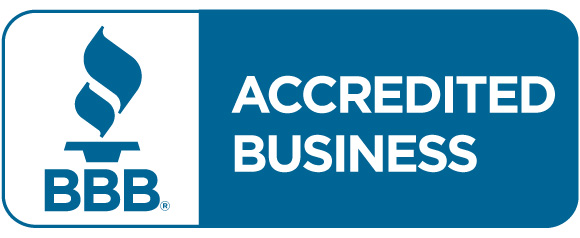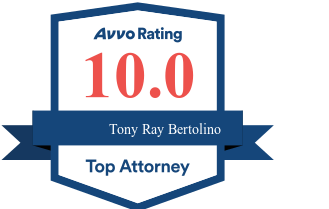
In Texas, interpreters are required to obtain certification through the Board for Evaluation of Interpreters (BEI) for roles in healthcare, educational, and governmental settings, among others.
Court interpreters must also be licensed by the Judicial Branch Certification Commission (JBCC), which regulates their practice to ensure adherence to ethical and professional standards.
Failing to meet these requirements or complaints could lead to a review by these regulatory bodies; therefore, you may need to safeguard your credentials with a Texas interpreter license defense lawyer from Bertolino LLP.
Here, we will explore the reasons an interpreter might require license defense and provide guidance on protecting your career. If you need legal guidance, contact a client relations coordinator for a free consultation today.
When Would an Interpreter Need License Defense?
In Texas, court interpreters must be licensed through the Judicial Branch Certification Commission (JBCC). The JBCC enforces strict guidelines for interpreters working in legal proceedings, ensuring compliance with standards of accuracy, impartiality, and confidentiality.
Interpreters facing disciplinary action from the JBCC or those accused of violating these standards may require legal defense to protect their license. Situations that necessitate license defense may include:
Filed Complaints
If a client or employer accuses you of providing inaccurate interpretations or raises concerns about your conduct, you may face a filed complaint.
In such cases, demonstrating your adherence to the ethical standards outlined by the JBCC and the Board for Evaluation of Interpreters (BEI) is crucial.
Breaching Confidentiality
Accessing sensitive information is a significant part of your role. Any breach of confidentiality can lead to severe consequences, potentially jeopardizing your license.
You must be able to demonstrate your commitment to confidentiality, as mandated by the standards established by the BEI and other regulatory bodies.
Legal Disputes
If you are involved in legal disputes related to your interpreting practice, such as allegations of malpractice or negligence, you may need legal representation.
Understanding the nuances of Texas law, including the Texas Rules of Evidence, which require translators to adhere to standards of accuracy, is vital.
While legal translators in Texas are not required to hold a formal certification, they must demonstrate a high level of proficiency and understanding of legal terminology to meet the necessary standards.
Legal translators must also be aware of any specific requirements set by the JBCC or the courts for working within the Texas judicial system.
These are just a few examples of situations where interpreters may need license defense from our firm. These scenarios highlight the importance of being proactive and aware of the potential challenges interpreters may encounter.
The Importance of an Interpreter License
An interpreter license signifies your professionalism, expertise, and credibility, confirming that you have met the necessary qualifications to provide interpretation services.
Competitive Edge in the Industry
Holding a license gives you an advantage in the industry, signaling to clients and employers your commitment to ethical standards and the reliability of your interpretation.
Increased Opportunities
Having an interpreter license can open doors to various opportunities. Many organizations, including legal firms, hospitals, government agencies, and educational institutions, require interpreters to hold valid licenses. Without one, your career opportunities may be significantly limited.
Legal Protection
In addition to professional benefits, a license establishes a framework for your responsibilities and obligations, safeguarding you against potential legal disputes or liabilities.
How Can You Protect Your Interpreter License?
To safeguard your interpreter licence and help ensure the longevity of your career, consider these proactive measures:
- Stay updated on ethical guidelines and regulations: In Texas, interpreters must adhere to the standards set by the BEI and JBCC. Staying informed about updates in licensing requirements, ethical guidelines, and regulations from these agencies is essential to ensure compliance and protect your license.
- Maintain open communication with clients and employers by building strong relationships through consistent and effective communication. Understanding their expectations and addressing concerns promptly can prevent misunderstandings that might jeopardize your license and help create confidence for your clients that their confidentiality will be respected.
- Seek ongoing professional development: The interpreting field is ever-evolving. To stay current with industry trends and best practices, it is essential to attend workshops, webinars, and conferences regularly. By continuously improving your skills and knowledge, you demonstrate your commitment to maintaining a high standard of professionalism and quality in your work.
- Maintain thorough documentation: Keep detailed records of your interpretation assignments, including any special instructions and client feedback. This documentation can serve as evidence of your professionalism, adherence to ethical standards, and commitment to providing high-quality interpretation services.
- Stay informed about legal issues: Familiarize yourself with legal challenges that may affect your profession. Understanding relevant laws, including those outlined by the JBCC and BEI, will help you navigate potential risks.
By adopting these proactive strategies, you can protect your interpreter license and enjoy a fulfilling career. Remember, prevention is key to maintaining your professional reputation, and avoiding conflict is the best way to protect your professional license.
Click to contact our professional license defense lawyers today
Hire an Experienced License Defense Attorney Today
Interpreter license defense is a crucial aspect of protecting your professional reputation and preserving your ability to practice. If you’re an interpreter, you may face situations where a complaint is filed against you, allegations of breaching confidentiality arise, or you become involved in a legal dispute.
By being aware of these potential challenges, taking proactive measures to minimize risks, and seeking legal support from Bertolino LLP when needed, you can navigate the license defense process successfully.
Do you need help defending your license? Contact us today to schedule a free consultation. We’ll review the details of your case and answer any questions you may have.
Call or text (512) 476-5757 or complete a Case Evaluation form



















